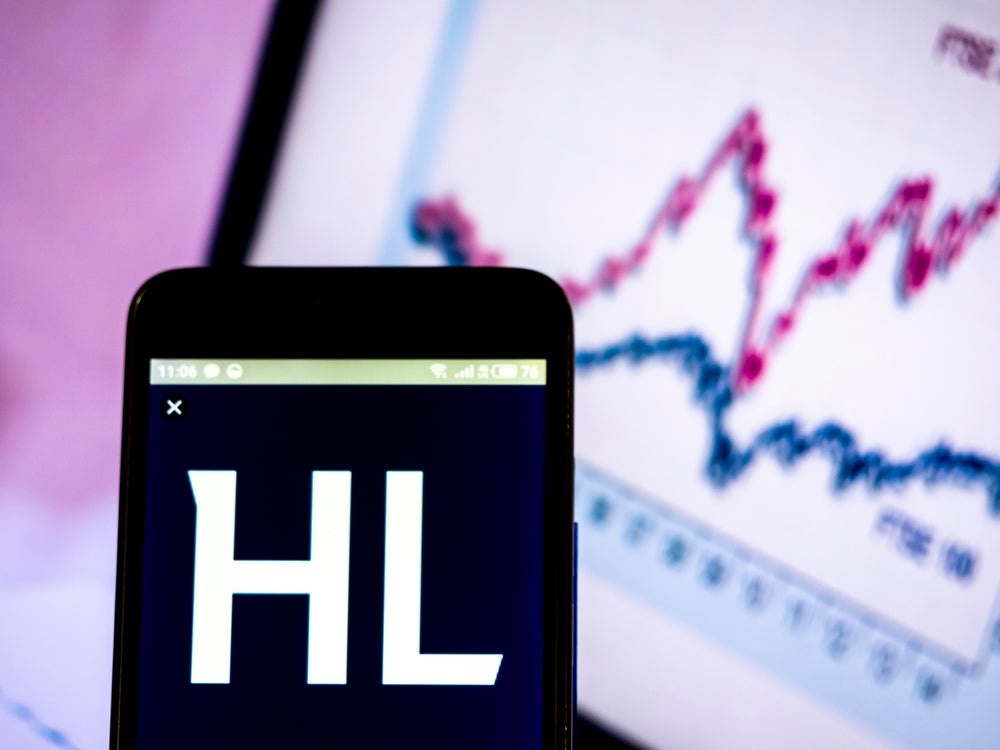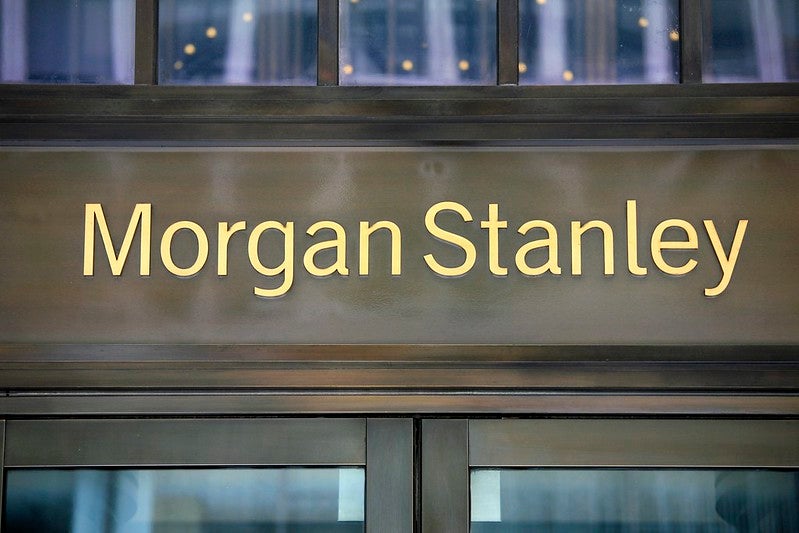
Having previously compared some of the most prominent robo-advisers on the market, PBI now looks at Hargreaves Lansdown vs Charles Stanley Direct, two of the most popular platforms for the more active investor.
Hargreaves Lansdown holds the torch as the most popular investment platform in the UK, boasting £85.9bn in assets under management at the end of December 2018.
Charles Stanley is among a number of challengers to Hargreaves Lansdown. In this sense it is performing well, reporting funds under management of £24.1bn at the end of the May.
Where can Charles Stanley challenge Hargreaves Lansdown in the market for the mass-affluent and high-net-worth investor?
Hargreaves Lansdown vs Charles Stanley – Costs
Charles Stanley would appear to be trying to undercut Hargreaves Lansdown with slightly cheaper platform charges on funds and trading fees on stocks and shares.
Charles Stanley‘s fees on funds commence at 0.35% for the first £250,000 held, compared to 0.45% at Hargreaves Lansdown.
How well do you really know your competitors?
Access the most comprehensive Company Profiles on the market, powered by GlobalData. Save hours of research. Gain competitive edge.

Thank you!
Your download email will arrive shortly
Not ready to buy yet? Download a free sample
We are confident about the unique quality of our Company Profiles. However, we want you to make the most beneficial decision for your business, so we offer a free sample that you can download by submitting the below form
By GlobalDataBoth waive fees on funds of more than £2m, though Stanley’s are again slightly cheaper in the middle.
For stocks and shares, Charles Stanley charges £11.50 per trade, compared to £11.95 at Hargreaves.
However, Hargreaves offers a discount for more frequent traders. £11.95 slides to £8.95 when 10 or more trades are made in the previous month, and £5.95 when the client reached 20.
This points towards the smaller fees of Charles Stanley suiting the less active investor.

Hargreaves Lansdown vs Charles Stanley – Investments and Experience
Hargreaves Lansdown offers CFDs and spread betting which Charles Stanley does not.
This along with the discounted charges for frequent trades suggest Hargreaves is the superior platform for the more experienced, sophisticated investor.
Charles Stanley has also attracted some criticism for its educational offering, or lack thereof.
Added to this, its platform is functional, but falls some way short of Hargreaves Lansdown’s.
Using the mobile application as a barometer for overall digital experience, Charles Stanley’s app is user-friendly enough to have earned a rating of 3.5 stars on the iTunes app store, based on 47 reviews.
There is quite a lot to go before it can be accurately compared to its Hargreaves Lansdown equivalent, which has been reviewed over 8500 times, and boasts an average score of 4.6.
Hargreaves Lansdown vs Charles Stanley – Conclusion
Charles Stanley Direct would appear to be targeting the middle ground between the sophisticated investor Hargreaves appeals to, and the absolute beginner more likely to opt for a Nutmeg-esque offering.
More seasoned investors meanwhile may still opt for Hargreaves Lansdown, as the broader array of investments available justify the slightly higher fees, not to mention the discount for frequent trading.
Hargreaves Lansdown remains out in front for the usability of its platform, as the stellar response its mobile app highlights.
This is an area where Charles Stanley will look to ramp up its offering in order to build its market share and challenge Hargreaves.






